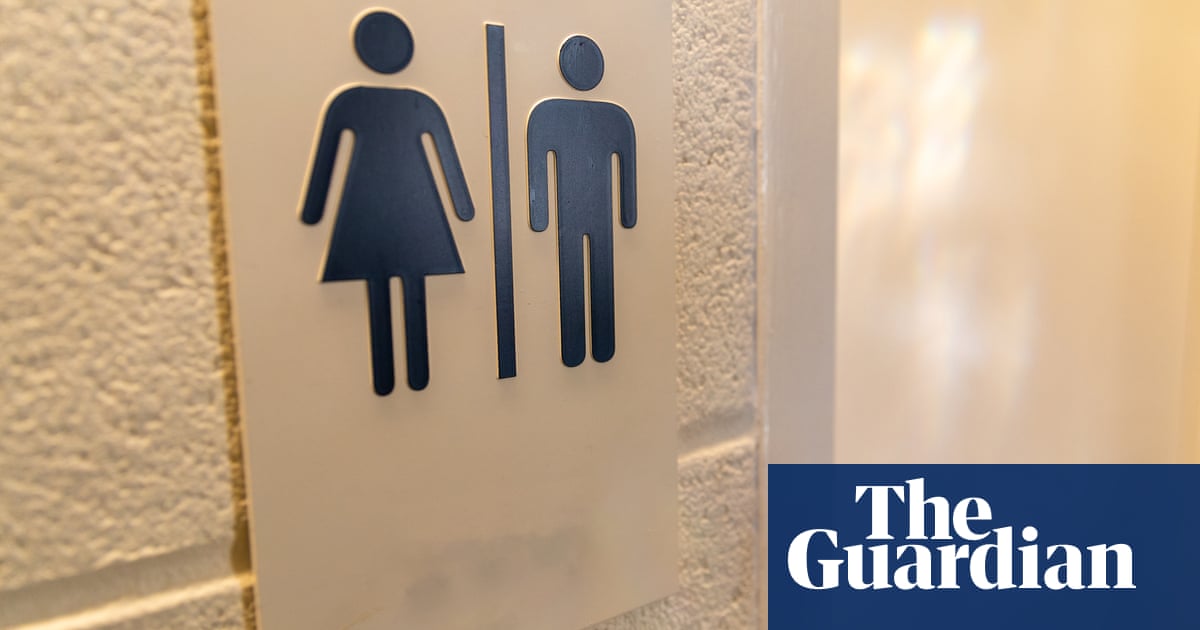More than 20 leading charities and service providers have urged the equalities watchdog to extend a consultation to devise guidance on the landmark supreme court ruling about gender, saying the current timetable is too rushed for proper engagement.
In a letter seen by the Guardian, organisations including Refuge, the UK’s largest charity for women affected by domestic abuse, and the mental health charity Mind, say the six-week consultation risked creating “rushed” guidance.
The Equality and Human Rights Commission (EHRC) is drawing up an updated code of practice on how public bodies should react to April’scourt decisionthat “woman” in the Equality Act refers only to a biological woman.
It is intended to set out to businesses and those running public spaces how the ruling affects single-sex spaces such as toilets and changing rooms, building on initial advice issued soon after the ruling.
As part of the process, the EHRC is inviting people and organisations potentially affected to submit views in a consultation. This was originally scheduled to last two weeks, but extended to six after the Commons women and equalities committeeexpressed concerns.
The joint letter, signed by a series of charities and service providers working with women and LGBTQ+ people and in the mental health sector, also including Samaritans, Solace Women’s Aid, Women in Prison, the Association of Mental Health Providers and Mental Health UK, calls for this period to be extended again to 12 weeks.
The supreme court’s ruling would “have major implications” for service providers, public bodies and businesses, the letter says, adding that it was vital the new code “is robust, trusted, and balanced”.
“The proposed changes will likely have far-reaching consequences for our services and require gathering input from many different stakeholders and experts, including people who use our services,” it says. “Responding to a consultation of this complexity requires time and resources that cannot always be easily found while we are delivering vital services.
“Six weeks is inadequate to allow meaningful engagement with those affected by the proposed code of practice … We do not want rushed guidance which risks being unlawful and leads us to inadvertently discriminate against people with protected characteristics.”
The rights group Liberty attempted to take legal action to force the EHRC to extend the consultation period, but this was refused by a high court judge on Friday.
Sign up toFirst Edition
Our morning email breaks down the key stories of the day, telling you what’s happening and why it matters
after newsletter promotion
Responding to that decision, Kishwer Falkner, the EHRC’s chair, said her organisation’s approach “has been fair and appropriate throughout”.
She said: “Our six-week consultation period represents a balance between gathering comprehensive stakeholder input and addressing the urgent need for clarity. We’re particularly encouraged by the thousands of consultation responses already received and look forward to further meaningful engagement through the rest of the process.
“The current climate of legal uncertainty and widespread misinformation serves nobody, particularly those with protected characteristics who rightly expect clarity about their rights. A swift resolution to this uncertainty will benefit everyone, including trans people.”
